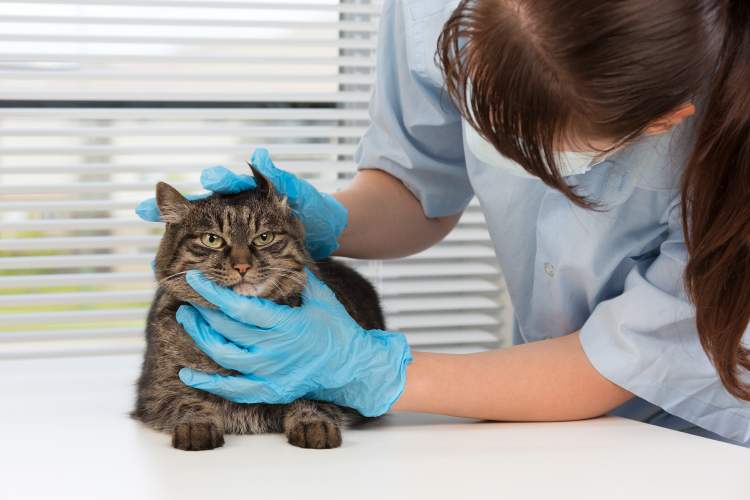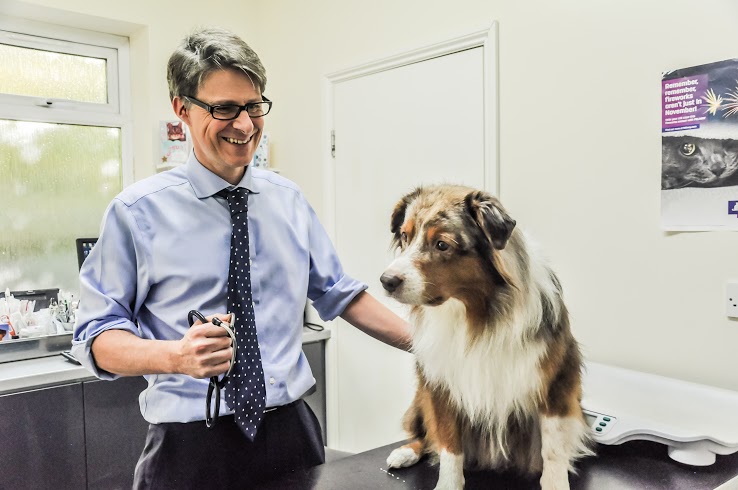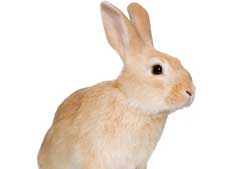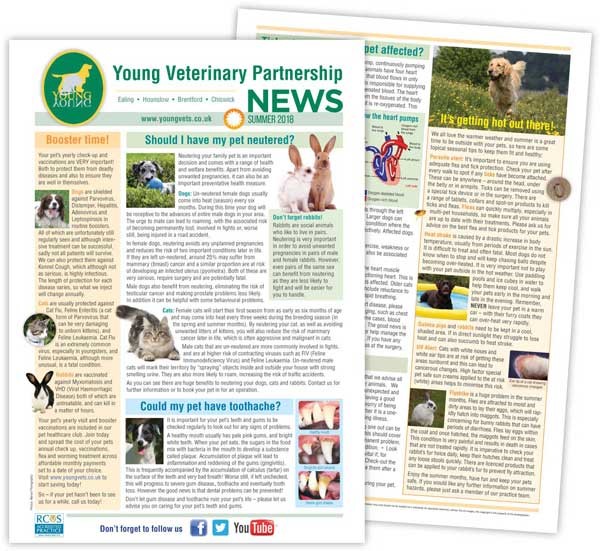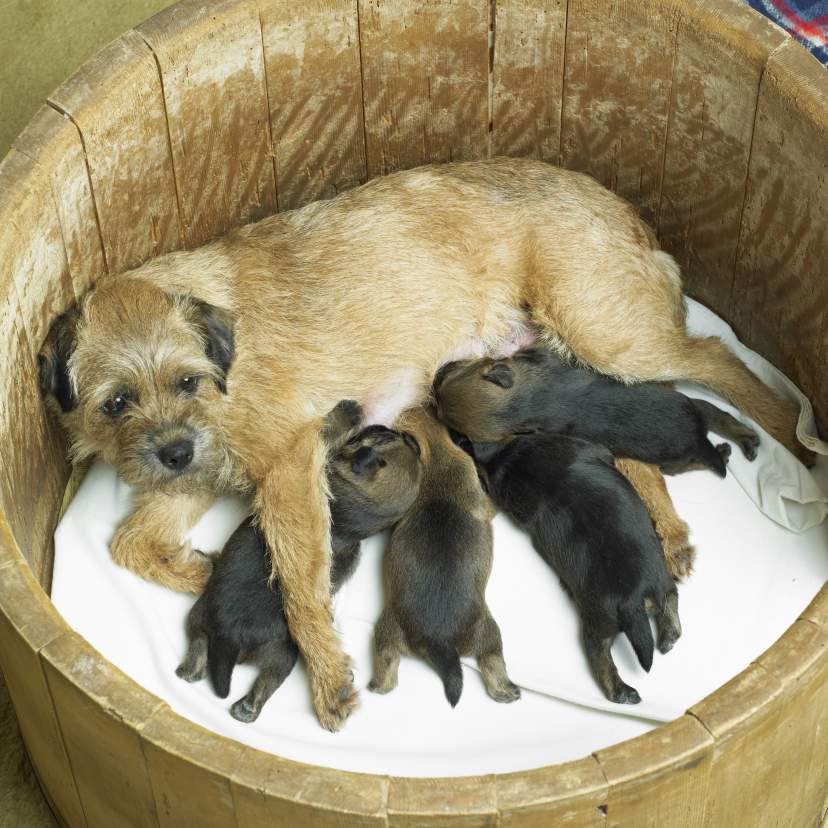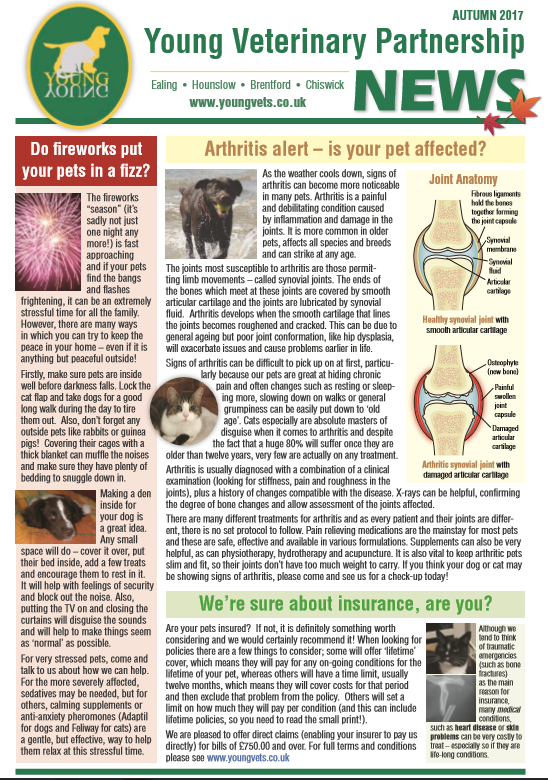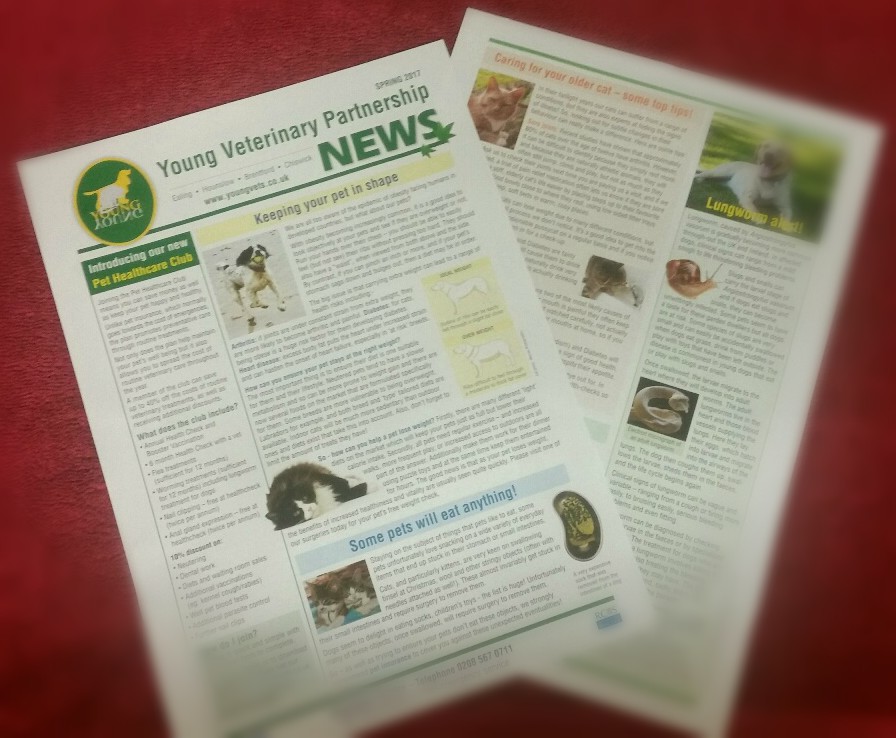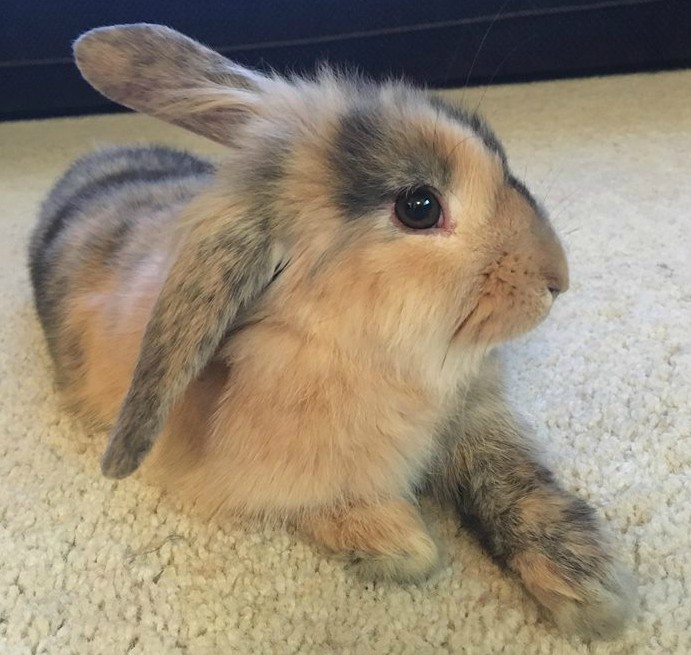Neutering your pet – what you need to know.
Have you heard that old rumour – you should let your dog have puppies before you neuter her? Well, did you also hear almost 50,000 pet dogs are being dumped in Britain every year! If your bitch has puppies (some produce up to 12 puppies in 1 litter) can you find forever homes for each and every puppy? And for the cat lovers – did you know the UK cat charities are reaching crisis point, due to the cat population being out of control!
The benefits of neutering can be applied to most species.
Neutering your pet can be done from as young as 4 months of age in rabbits and ferrets.
Cats – most cats are neutered from around 5 months of age.
Dogs – we normally advise puppies wait until they are at least 6 months old. Most small and medium sized female dogs are neutered around 6 months of age ( before they have their first season). Most small and medium sized dogs are neutered between 6-9 months of age.
Large and giant breed dogs such as Dobermanns , Rottweilers, Great Danes, may be better neutered at an older age of around 12-15months – between first and second seasons for females or when fully grown for male dogs.
Neutering your female will stop her coming into season or heat, this can be messy time and last for up to 3 weeks. It can also prevent unwanted male attention, phantom and actual pregnancy. It can also dramatically reduce the risk of mammary cancer developing when they are older, and prevents ovarian cancer and pyometra’s (uterine infections) which can be fatal.
Timing of neutering Mammary Tumour risk
|
Before first season
|
0.50%
|
|
After first season
|
8.00%
|
|
After second season
|
26.00%
|
|
After third season or over 2.5 years age
|
40.00
|
Neutering your male can reduce: Urine spraying and marking, dominant behaviour, humping, testicular cancer and in cats can reduce them straying too far from home, which results in a much lower risk of road traffic accidents.
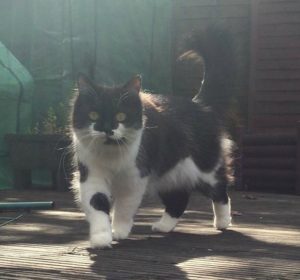
Neutering your pet
Owners have a responsibility to care for their animals needs, pregnant and nursing animals need extra food, care and attention. When the babies are old enough you will need to find homes for each and every one and ensure that they are wormed, flea treated and all puppies over 8 weeks old legally have to be micro-chipped. We also recommend as soon as your animal is old enough (8 – 9 weeks), to protect them against potentially fatal infections.
Neutering pets, is something we perform on a regular basis here at Young Veterinary Partnership and we always recommend neutering your pet unless you plan to breed. It is a day surgery procedure (they are dropped off in the morning for the procedure and go home the same afternoon).
-
The morning of the surgery we ask that you do NOT give your kitten, puppy or ferret any food (this rule does NOT apply to rabbits). An empty stomach reduces the risk of vomiting under anaesthetic.
-
Firstly we will book you a ‘Pre Op’ appointment, the morning of the surgery your pet will have a full health check with one of our experienced vets.
-
Your pet will then be transferred to our kennels area and given a pre anaesthetic injection by our nursing team, to keep your pet calm and stress free.
-
The surgery will usually takes less than 1 hour.
-
Once fully awake and recovered your pet will be able to go home the same day.
-
We ask than once home your pet is given a ‘light’ meal’ as they may feel slightly nauseous – we recommend a ‘recovery pack’ – this is specially formulated easily digested tinned food for pets following surgery. Alternatively you can feed boiled chicken and rice.
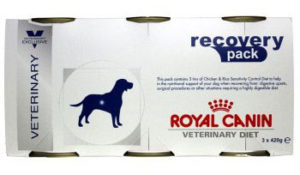
Then 7 – 10 days following surgery we ask that your pet returns for his or her stitches to be removed (please note male cats do not have stitches so do not need to return).
Your pet may be quiet for a day or so but we should bounce back to normal, within a few days. Contact us today if you would like to book your pets neutering surgery.
Did You Know an un neutered female cat can produce 18 kittens per year, which can end up with 20,000 descendants in just 5 years!
Did You Know female cats can get pregnant from 4 months of age!
Did You Know neutering your rabbit can reduce cancer and urinary tract infections.
We hope the above has helped you decide to neuter your pet, if you have any questions do not hesitate to ask any of our friendly team.
